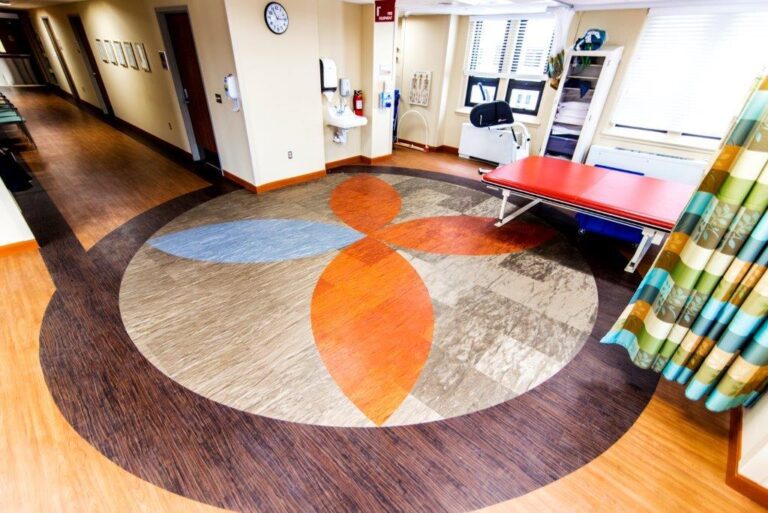July 20, 2016 — The World Green Building Council (WorldGBC) recently launched a groundbreaking new project that aims to ensure that all buildings are net zero by 2050, to help deliver on the ambition of the Paris Agreement and tackle climate change.
The Advancing Net Zero initiative will see WorldGBC and Green Building Councils in countries with some of the biggest projected growth in building roll out net zero building certification and training so that these highly efficient buildings become commonplace over the next 35 years.
According to WorldGBC, “net zero” refers to buildings that are either “net zero energy” or “net zero carbon.” Net zero energy buildings are highly efficient buildings that consume net zero energy (on an annual basis), meaning all the energy needed to power the building is generated through on-site renewable energy. Net zero carbon buildings are buildings that produce net zero carbon emissions (on an annual basis). The definition of zero carbon varies across countries (and programs), but can include an element of carbon offsetting.
At least eight Green Building Councils from Australia, Brazil, Canada, Germany, India, Netherlands, South Africa, and Sweden will initially take part in the project, and Architecture 2030, a nonprofit organization working to reduce emissions from buildings, will be Lead Partner to WorldGBC, lending technical expertise to some participants, along with other local and international organizations identified by the GBCs.
The launch of the project converts into action a high-profile commitment from WorldGBC and its 74 Green Building Councils with their 27,000 member companies to reduce CO2 emissions from the buildings sector by 84 gigatonnes by 2050, through net zero buildings and deep renovation, which was made at COP21 in Paris, last December.
Under the project, participating Green Building Councils will develop action plans, with an aim to launch a national net zero certification (which could be a stand-alone program or added to existing certification tools such as Green Star) as soon as possible. Alongside these certifications (developed for each GBC’s specific market), each participating GBC will create specific net zero training for green building professionals, and support the development of net zero demonstration projects within their own countries.
Long-term targets include:
- All new buildings and major renovations should be net zero starting in 2030, meaning no buildings should be built below net zero standards beyond 2030. 100% of buildings should be net zero by 2050.
- 75,000 professionals should be trained on net zero building by 2030, and 300,000 by 2050.
- All Green Building Councils that operate certification schemes should have a net zero tool in place by 2030.
Although the Advancing Net Zero project will initially focus on certification and training, it is hoped that it will also encourage business and governments to adopt ambitious targets on net zero buildings.




